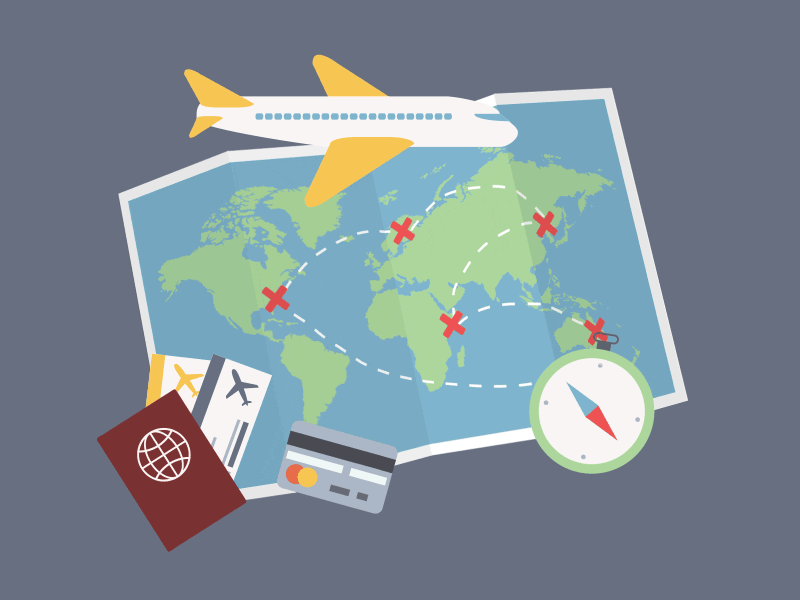In this article, let us see how big data has brought about tremendous changes to the tourism sector, allowing the mushrooming of successful unicorns lie OYO, Trip Advisor, RedBus and many more to flourish. Big data and real-time analytics have helped the tourism industry rediscover itself and reap huge rewards.
Better decisions, improved customer experience, foresight on marketing campaigns, competitors, etc. have allowed strategic funding and decision making to boost tourism revenues. Did you know that OYO with a total corpus of 185 million dollars and a pan India presence in 223 cities used big data and real-time analytics to enable check-ins which total over two million?
So what exactly is real-time analytics in Big-Data about?
Using data is normal, and we continue to generate it using everyday devices like smartphones. What was once in terabytes is today huge volumes of petabytes! That is big-data, and it comes from a number of sources, as text and video messages, blogs, posts, etc. in social media and internal company data. The essence of big data and real-time analytics is to clean and scour this data using deep learning techniques to enable self-learning of intelligent algorithms and networking with neural networks between databases to give gainful insights into trends, behavior patterns and the probability of occurrences. Such foresight is accurate, evidence-based and useful across a variety of functions like finance, behavior analysis, accounting, budgeting, marketing, customer services, and daily operations at all!
The top 5 Ways in which the travel industry is impacted:
1. Managing revenues:
Being able to sell the right product, through the right media channel, at the right price, at the right moment and to the right customer is the crux of excellent financial management and increasing profits. In the travel industry hotel bookings, vehicle management, local events, flights, holiday seasons, occupancy rates, room prices, prior reservations, availability of rooms, and many such factors affect revenues and its management. Which of us has not heard of Trivago, Expedia and such apps?
2. Building brands:
Reputation management has become necessary with the increasing use of social media, internet, reviews, posts, and blogs being referred to and used in making decisions like flight, destination and hotel bookings. Customer satisfaction and quick resolutions of issues is another critical area for increasing brand loyalty exhibited through reviews and posts. Smart pricing, discounts, seasonal fares and such are most often based on real-time analytics, feedback, surveys, and customer user experiences. Thus building brand loyalty has become a concerted effort at training and using data analytics effectively. Just look at how Google searches, Facebook, etc. always suggest your favorite sites when making a booking or purchase.
3. Promotional and marketing strategy:
Finding the right group of customers to target, deciding on promotional campaigns, the method, timing, and media, budgeting and execution of marketing plans are effectively a result of smart use of databases, trend spotting, foresight, and predictive analysis. Thus marketing messages pop up based on customer interest, time, location, etc. to save big when you make a booking on Yatra, Goibibo, etc.
4. Enhancing the experience of customers:
Customers are hard to please and ensuring their loyalty is based on improving the customer experience. Be it the hotel bookings, flight experience, Forex transactions abroad, or finding the best price big data analytics can help make those apps more effective for both the firm and customer. Modern times has even seen Airtel international travel cards, new-age banking UPI apps, QR scanning on PayTM, cashless transfers on PayPal, and shared Uber or Ola cabs in an effort to deliver improved customer experience based on insights from big data and real-time analytics.
5. Effective use of analytics and market research:
Today, data has evolved to be more precious than any other asset, especially in the tourism and travel sector. Market research using real-time big-data analytical techniques provides the basis of operations and all its allied functions today. Just ask to Make my Trip, Treebo Hotels, Bespoke Hotels or RedDoorz.
Conclusion:
Big data and its analytics can be beneficial to the travel industry through a number of applications that produce outcomes and foresight that are enablers of decisions that are actionable. Such apps have been a boon in online booking, optimizing dynamic prices, predicting demand, targeting markets, enabling strategy for financial budgeting and marketing plans. Improving the customer experience has led to higher sales, and the travel industry today is a booming sector offering a plethora of jobs and opportunities.
Do the Big Data Course at the reputed Imarticus Learning to get a firm grasp of how to be an enabler of the travel industry. The scope for growth and payouts are high. Don’t let the opportunity slip by you.








